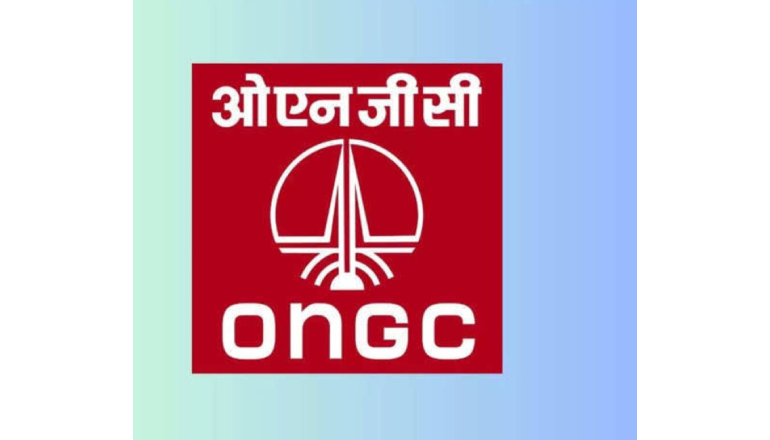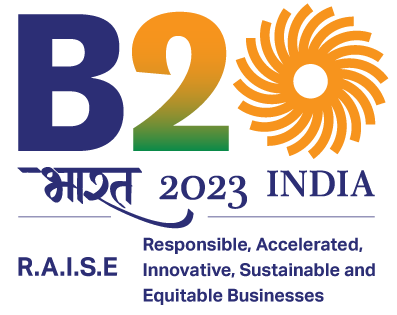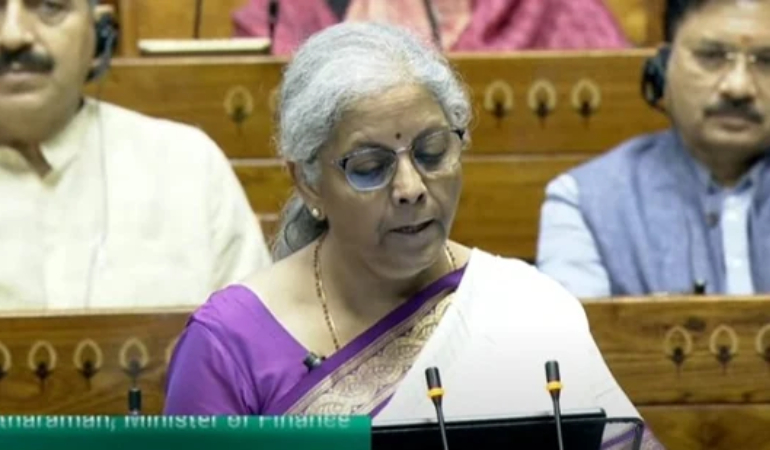By 2030, more than 100 million people in India and Africa will have access to clean cooking.
TotalEnergies has announced that it will invest more than $400 million to advance clean cooking with liquefied petroleum gas (LPG).
The company plans to implement digital pay-as-you-cook technologies, allowing users to pay only for the LPG cylinder they use, thereby making it more affordable.
IEA observation:
Achieving universal access to clean cooking would require investment of $8 billion annually in stoves and infrastructure between now and 2030. This is less than 1% of what governments spent in 2022 globally on measures to keep energy affordable for their citizens.
Over 2.3 billion people globally continue to prepare their meals on conventional stoves with wood and charcoal.
Benefits of clean cooking fuels:
• Boosts public health by reducing the risk of cardiovascular disease and respiratory problems with improved air quality. In sub-Saharan Africa, household air pollution ranks second among preventable causes of death for women.
• Reduce gender disparity by giving women more access to jobs, education, entrepreneurship, and eventually financial independence. For those who would otherwise spend up to 20 hours a week gathering wood for cooking, clean cooking options are a huge time-saver.
• Cut back on deforestation and CO2 emissions. By 2030, 900 million tons of CO2 equivalent would have been saved through universal access to clean cooking solutions. This this is equal to the CO2 emissions produced by the aviation and maritime sectors in 2022 or the annual deforestation of an area the size of Ireland.
Patrick Pouyanné, Chairman and CEO, TotalEnergies, said, “By developing access to clean cooking in Africa and India, TotalEnergies aims to have a positive impact on the environment and on people’s health, while also helping to reduce gender inequalities in these regions. Clean cooking contributes to long-term social, economic and human development in a more sustainable way.”









